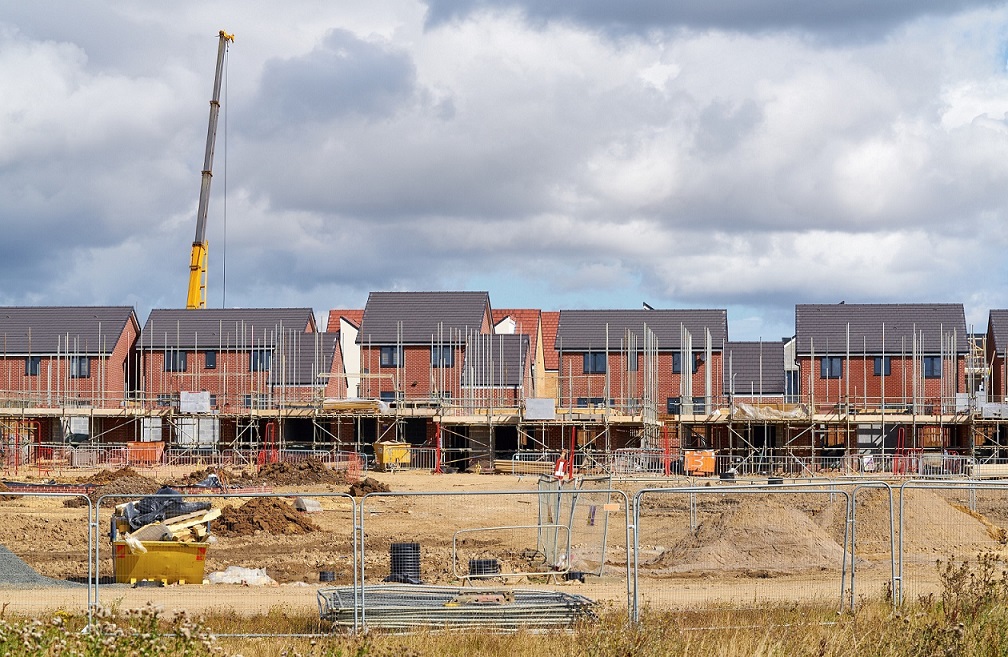
The University of Salford is collaborating with Cube Thinking to support Barratt Homes in bridging the shift in skills requirements across the construction and housebuilding sectors, through the development of new training materials.
Research from Gartner has highlighted only 14% of procurement leaders have confidence in their talent’s ability to meet the future needs of the function. While a further study conducted by the University’s HIVEE (Housebuilding Innovations in Volume, Environment and Efficiency) research cluster uncovered that hiring for procurement roles remains unrefined with limited organisations applying standardised approaches to their supply chain.
In addition, while construction job vacancies have risen by 14% and overall construction-related job adverts have increased by 31% between 2024 and 2025, highlighting a growing demand for skills, there has been a notable decline in certain roles within the sector. From December 2021 to October 2024, adverts for transport, logistics and warehousing positions fell by 60%, while management, executive and procurement roles declined by 47%, indicating a shift in the skills required across these jobs within the industry.
To address shifting skills requirements, the University’s HIVEE research cluster is developing training materials, in collaboration with Cube Thinking, for suppliers of Barratt Homes. The training materials will focus on: business strategy, continuity and risk; real-time capacity planning; data-driven decision-making; fostering a continuous improvement culture; and transitioning from quality control to quality assurance.
Aaron Robertson, Lecturer in Supply Chain, Logistics and Project Management, plus Research Lead for HIVEE, at Salford Business School, comments: “Our research represents a potential shift in industry priorities, automation and changing economic conditions affecting procurement-related employment or, what we believe could be a misunderstanding of the skills needed in new construction jobs.
“There’s a burgeoning supply chain skills gap across the construction and housebuilding sectors, but this project represents a vital step in futureproofing the industry. By combining academic research with industry insight, we are equipping Barratt Homes’ suppliers with the strategic and operational skills needed to thrive in a rapidly evolving landscape. The shift in procurement demands is clear and through this partnership, we’re enabling the sector to respond with agility, resilience and innovation."
Drew Robertson, Senior Group Procurement Manager at Barratt Redrow, added: “Barratt Redrow recognise the importance of upskilling our supply chain to help us deliver high-quality, sustainable homes where people and nature can thrive. That’s why we’re delighted to be working with Cube and the University of Salford to create tailored training materials that support the ongoing development of our suppliers. The expertise both organisations bring will significantly enhance and accelerate the impact of this much-needed initiative.”
Jason Kingston, Director and Founder, Cube Thinking, continued: “The benefits of a uniform skillset, shared by both suppliers and Barratt Redrow will allow more agility and productivity in the combined service offer. This will not only benefit stakeholders but crucially end customers, as well as providing a recognition of the importance of continuous improvement by all involved in the construction and housebuilding sectors.
“It is a privilege for Cube Thinking to partner on this important initiative and we look forward to seeing the skills gap reduce positively.”
Dr Yiannis Polychronakis, Head of Supply Chains, Procurement and Project Management at Salford Business School, concluded: “While employment opportunities across the construction sector are on the rise, our data clearly highlights a growing skills gap. As industry priorities shift, automation takes hold and economic conditions remain uncertain, the gap is only set to widen. Without proactive initiatives like this one, we risk falling further behind.”
For more updates from the University of Salford, visit: www.salford.ac.uk/news.

